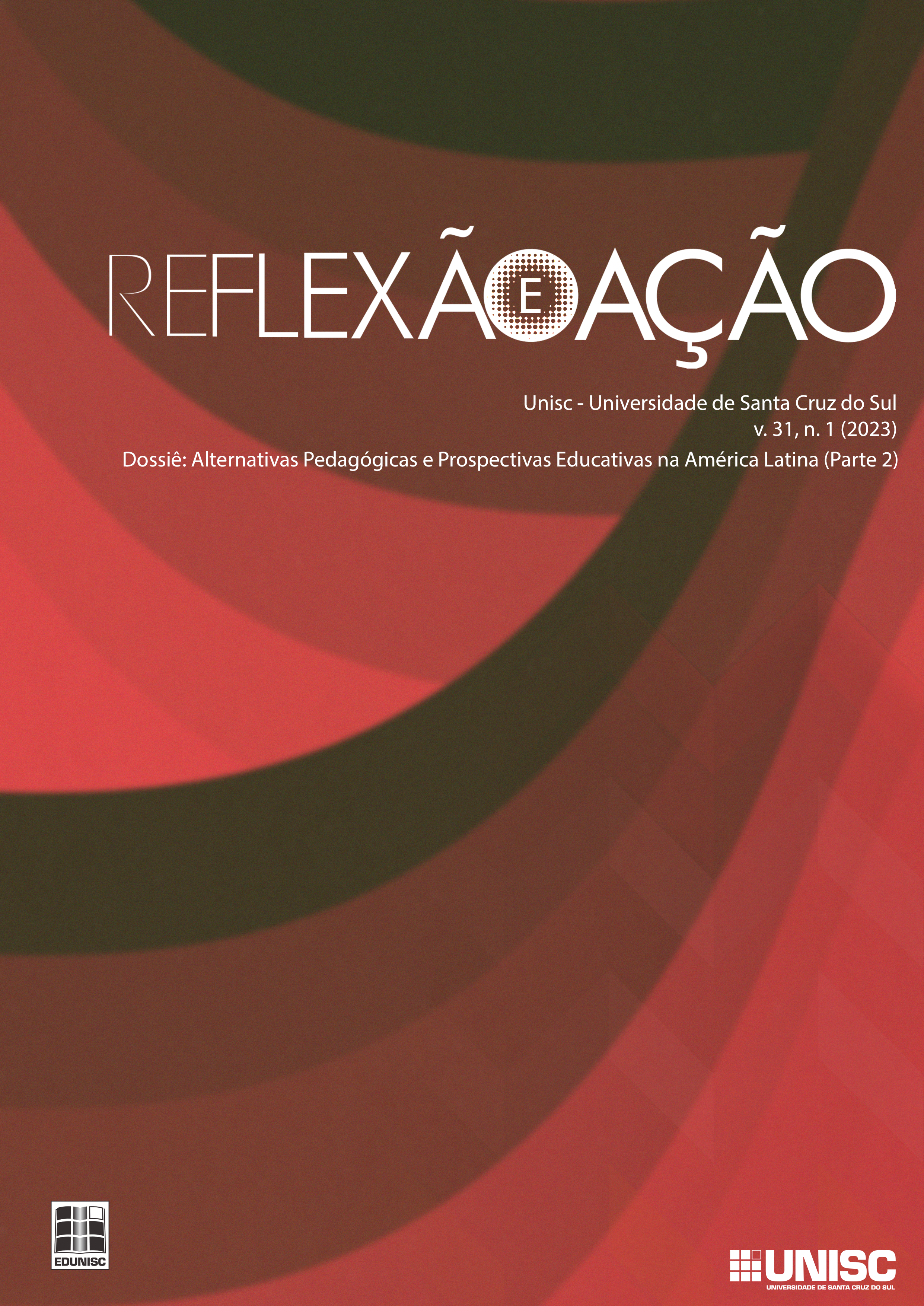National Curriculum Guidelines for "quilombola" school education
pathways for a decolonial education in Brazil
DOI:
https://doi.org/10.17058/rea.v31i1.17629Keywords:
Colonization, Coloniality, Education, DecolonialityAbstract
In this article we point out the effects on the social construction of colonized peoples, especially in education. Coloniality is the result of the long period of exploration of the colonies, which became visceral in the social configurations of the countries of the American continent. We perceive that Brazilian education still reproduces a hegemonic European thought, and constitutes a space for the reproduction of the principles of coloniality. But, we understand the construction of the National Curricular Guidelines for Quilombola School Education (Brazil, 2012) as a decolonization exercise. In this sense, we point out how these guidelines dialogue with the decolonial movement, providing a new educational configuration.
Downloads
Downloads
Published
How to Cite
Issue
Section
License
The submission of originals to this journal implies on the transference, by the author(s), of the printed and digital publishing rights. The author´s rights to the published articles are the author´s, the journal has the rights over the first publication. The author(s) can only use the same results in other publications, indicating clearly that this journal was the original publisher. Since we are an open access journal, the free use of articles is permitted for educational and scientific applications, as long as they inform the source according with the CC-BY license from Creative Commons.


